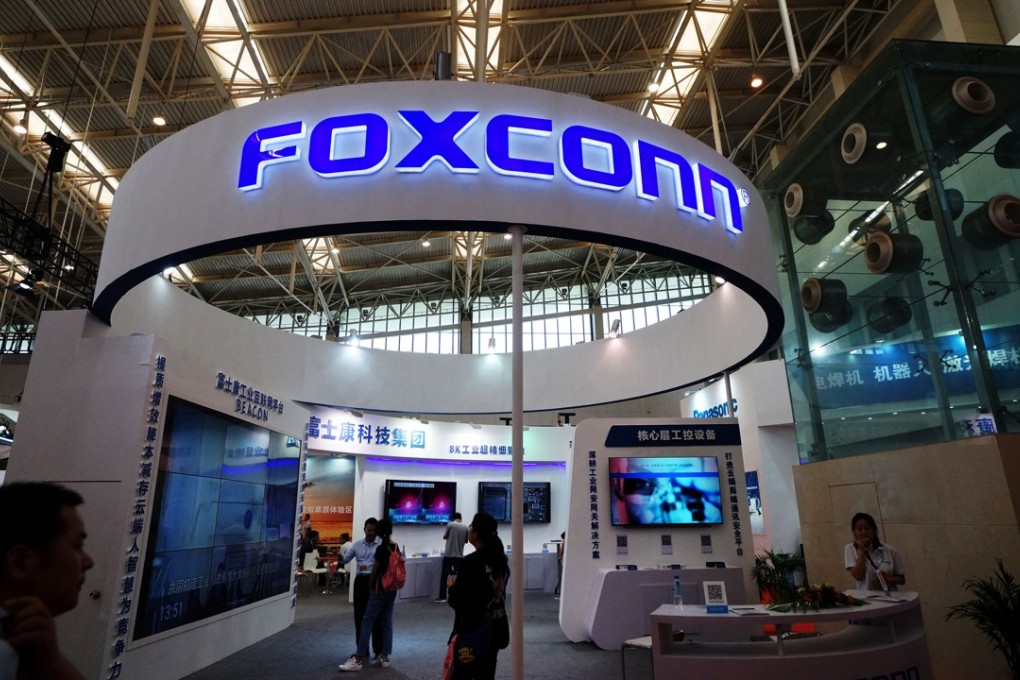Exclusive | Thailand seeks Foxconn investment as trade tensions rise between US and China
Thailand is seeking the investments as it tries to develop its hi-tech sectors

A group of senior Thai politicians and businessmen are meeting in China with Foxconn, the world’s largest contract electronics maker, and other companies to seek investment in Thailand, as Southeast Asia’s second-largest economy moves to speed up digital transformation and upgrade its technology sector.
“Yes, I heard he (the deputy prime minister) is in Shenzhen, China. He will visit three companies in that area (Guangdong province) including Foxconn,” said a Thai government spokesman on Wednesday.
Somkid Jatusripitak, deputy prime minister of Thailand, and others visited the Foxconn Longhua factory on Wednesday to talk with Dai Zheng Wu, President of Foxconn’s Japanese subsidiary Sharp and Chen Zhenguo, vice-president of Hon Hai Precision Industry, better known as Foxconn Technology Group. Company chairman Terry Gou was not in the meeting, according to a person familiar with the matter who asked not to be identified because the information is private.
Foxconn did not immediately respond to a request for comment.
Thailand is seeking the investment at a time when Foxconn, Apple’s main iPhone assembler, is caught in the middle of growing trade tensions between the US and China. Foxconn is China’s largest private employer with about a million on its payroll while US-headquartered Apple is the source of more than half of the company’s revenue. Billionaire Gou said Foxconn has a number of response plans to a trade war, without elaborating, at the annual shareholder meeting of Hon Hai Precision Industry, according to a Bloomberg report earlier this month.
“The biggest challenge facing Foxconn is a US-China trade war,” Gou said. “The trade war is not about trade, but it is a tech war, and it is a manufacturing war.”